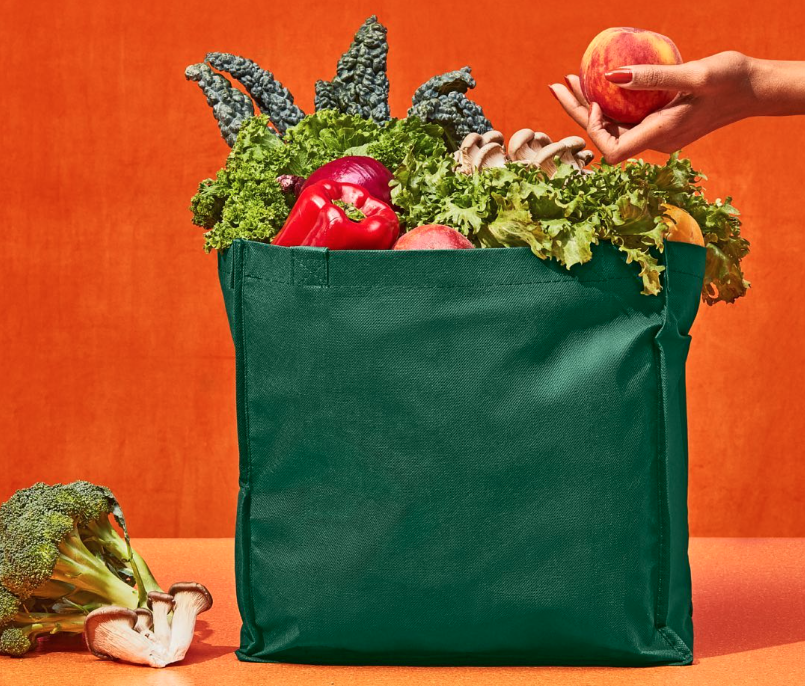
Courtesy of instacart/Instagram
Instacart is set to begin trading Tuesday on the Nasdaq stock exchange, after raising $660 million in its initial public offering Monday, selling 22 million shares at $30 each.
The IPO set the market value for Maplebear Inc., doing business as Instacart, at around $10 billion, but analysts expect the grocery delivery company’s stock to open well above its IPO price when it begins trading on Tuesday.
The grocery delivery business boomed during the COVID-19 pandemic, and Instacart now offers delivery and pickup services for more than 80,000 stores across North America. According to the company, which was launched back in 2012, it now has around 600,000 freelance shoppers serving 7.7 million active customers who spend an average of around $317 per month.
In addition to the delivery business, Instacart sells online advertising to food makers and retailers, and provides in-store technology including smart carts.
The focus on ads, as well as its updated, AI-powered Instacart Storefront service, used by retailers including Costco, have increased since CEO Fidji Simo took the helm 2021. But in a letter to investors earlier this month, she also stressed that grocery delivery still has growth potential, since it only accounts for about 12% of the $1.1 trillion industry.
That potential growth has slowed as inflation in food prices adds to existing price markups and fees for delivery, leading some customers to opt instead for curbside pickup, which has been increasing.
According to the company’s IPO filing, despite increasing revenue in the first half of this year driven by ad sales, grocery orders have slowed after increasing 18% from 2021 to 2022.
“This valuation shows how much interest rates and the appetite for tech valuations are in the marketplace. Right now, people don’t want to overpay for the potential for future growth,” said Ted Jenkin, founder and CEO of Atlanta-based oXYGen Financial.
“The grocery delivery business is going to face increased stiff competition. These aren’t the days of Webvan and the dot-com bubble in the early 2000’s, but it certainly sends a message that people are skeptical of tech valuations,” Jenkin said.
TMX contributed to this article.